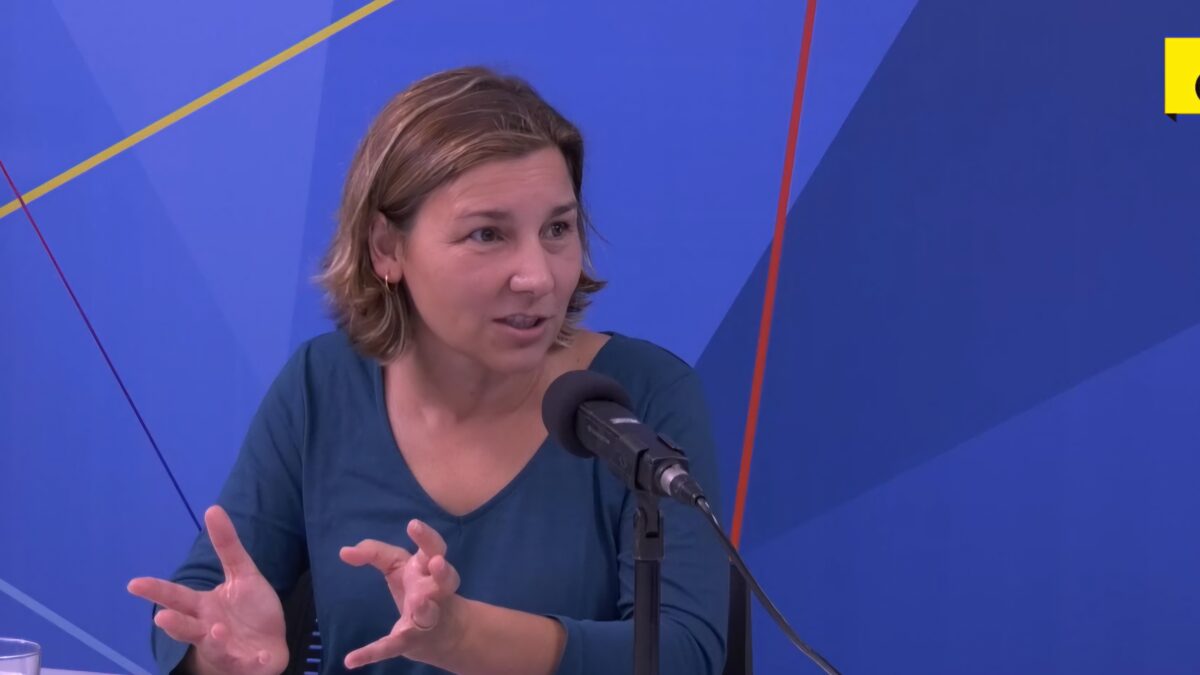
Inês Lynce reflects about the importance of a comprehensive education the Impact of research and the future of AI
In a recent interview for the supplement Dinheiro Vivo (part of Diário de Notícias), INESC-ID President, Inês Lynce, highlighted crucial topics regarding student education and the societal impact of scientific research. One of the key points discussed was the importance of a well-rounded education that goes beyond academic grades. According to the President, university admission is currently based on grades, but this doesn’t always predict future success. “There are many students who aren’t necessarily the ones with the highest grades, but they end up being much more successful,” she noted.
The secret to this success, she explained, lies in a comprehensive education. The President emphasized that students’ resumes should not be limited to academic degrees but should include practical and extracurricular experiences. “I always recommend to students: the CV is not just about the academic title, but also the professional experience. Hands-on projects, like building satellites or the Formula Student, a racing car, are valuable examples of how important this practical experience is,” she added. She also emphasized the importance of extracurricular activities, such as competitive sports, highlighting the need to balance these with academic work: “A healthy body, a healthy mind, that’s the message.”
Another central theme of the interview was the role of Artificial Intelligence (AI). The President compared AI to mathematics, seeing it as an indispensable foundation, not only for engineering but also for various fields of knowledge. “AI will become a fundamental base for everything, just as mathematics is for engineering,” she observed. This vision reinforces the idea that the future of science and innovation will be deeply tied to the development of AI technologies.
The President also underscored the social responsibility that comes with conducting research, especially in high-impact areas like AI. “Doing excellent research means not only creating scientific impact but also societal impact,” she stated. She pointed out that communicating the work done by researchers is becoming increasingly important, noting that many professionals in the field weren’t trained for this task: “Researchers, by nature, weren’t shaped for this. And it’s an effort.”
On the first episode of the podcast No limite da Inteligência Artificial, by the journalist Bruno Contreiras Mateus, Inês discusses with Paulo Dimas, from Unbabel, the present and the future of AI, the threats, the benefits and the way to deal with this technology in a fruitful and responsible manner.
